Unwrapping Responsibly: Creative Zero-Waste Alternatives to Plastic Gift Wrap
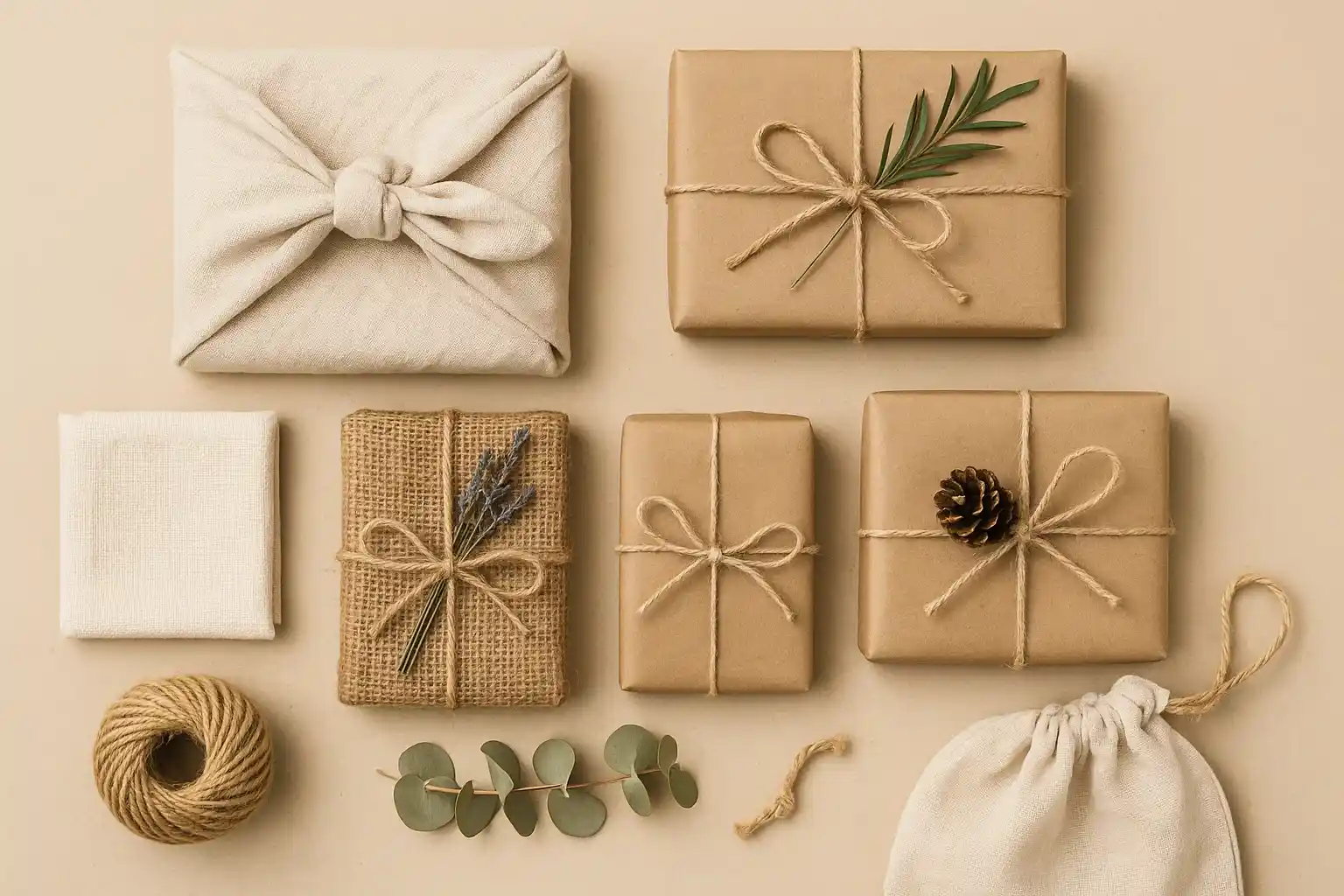
The act of giving a gift is often accompanied by the ritual of wrapping, a visual prelude to the surprise within. However, the conventional choice for gift wrapping, often brightly colored and glossy plastic-coated paper, contributes significantly to the mountains of waste generated during celebrations. This single-use material, often ending up in the trash mere moments after being admired, represents a considerable squandering of resources and a burden on our landfills. For those seeking a more sustainable and thoughtful approach to presenting their gifts, a wealth of creative and zero-waste alternatives exist, offering a way to enhance the joy of giving without harming the planet.
The lifecycle of traditional plastic gift wrap is far from eco-friendly. Its production relies on fossil fuels and energy-intensive processes, often involving harmful chemicals and dyes. The glossy finish that makes it visually appealing often renders it non-recyclable. Once discarded, this plastic-coated paper persists in the environment for decades, contributing to the ever-growing problem of plastic pollution. Recognizing this unsustainable cycle, many individuals are seeking more responsible and environmentally conscious ways to wrap their presents, opting for materials that minimize waste and have a lower environmental impact.
Fortunately, a plethora of beautiful and resourceful zero-waste gift wrapping techniques and materials are readily available. By choosing alternatives like recycled kraft paper, the elegant and reusable fabric wraps (Furoshiki), or the creative charm of old newspaper or maps, we can present our gifts in a way that is both visually appealing and deeply respectful of the planet. These options reduce single-use waste, often add a personal and creative touch, and encourage a more mindful approach to the entire gifting process.
Beyond the Roll: Exploring Zero-Waste Gift Wrapping Treasures
Moving away from conventional plastic gift wrap opens up a world of creative and sustainable possibilities:
Recycled Kraft Paper: The Versatile and Earthy Choice
Recycled kraft paper offers a simple yet versatile and highly sustainable alternative to traditional wrapping paper. Made from post-consumer recycled content, it reduces the demand for virgin trees and minimizes the energy and water required for paper production. Its natural, earthy aesthetic provides a blank canvas for your creativity. You can adorn it with natural twine, dried flowers, leaves, stamps, or your own hand-drawn designs. Brands like Green Field Paper offer beautiful recycled kraft paper and other eco-friendly wrapping options.
Fabric Wraps (Furoshiki): The Art of Reusable Elegance
Inspired by the Japanese art of Furoshiki, using reusable fabric to wrap gifts is a beautiful and zero-waste technique. Squares of fabric can be folded and tied in various intricate knots to securely enclose gifts of different shapes and sizes. The fabric itself becomes part of the gift, a lasting and reusable element that the recipient can use for their own wrapping or other purposes. Wrappr offers a stunning selection of reusable fabric wraps in various designs and sizes, making this elegant and sustainable option easily accessible.
Old Newspaper or Maps: Giving Paper a Second Life
Repurposing old newspaper or maps offers a creative and resourceful way to wrap gifts. The unique textures, colors, and prints of these discarded materials add a vintage and often personalized touch to your presents. Comic strips from newspapers, interesting articles, or sections of old maps relevant to the recipient's interests can make the wrapping particularly meaningful. Secure the paper with paper tape or natural twine.
Elevating Your Eco-Wrapping Game: Adding Sustainable Flair
To further enhance your zero-waste gift wrapping, consider these additional tips:
- Natural Twine and Ribbon: Opt for twine made from jute or hemp and fabric ribbons instead of plastic curling ribbon. These natural options are biodegradable and often more aesthetically pleasing.
- Dried Flowers and Foliage: Adorn your wrapped gifts with dried flowers, leaves, small pinecones, or sprigs of herbs for a natural and fragrant touch.
- Reusable Gift Tags: Make your own gift tags from recycled cardboard or seed paper, or purchase reusable wooden or metal tags.
- Washi Tape: Use paper-based washi tape to secure your wrapping instead of plastic adhesive tape.
- Skip the Bows: Traditional plastic bows are often discarded immediately. Opt for a simple knot with twine or a small natural element instead.
- Gift in Reusable Containers: For smaller items, consider gifting them in reusable jars, tins, or fabric bags that the recipient can use long after the gift is unwrapped.
Embracing zero-waste gift wrapping is a tangible and creative way to extend your commitment to sustainability into the realm of giving. By moving beyond the fleeting tradition of disposable paper and exploring these resourceful alternatives, you can present your thoughtful gifts in a manner that is both beautiful and deeply respectful of our planet.
Related Blogs
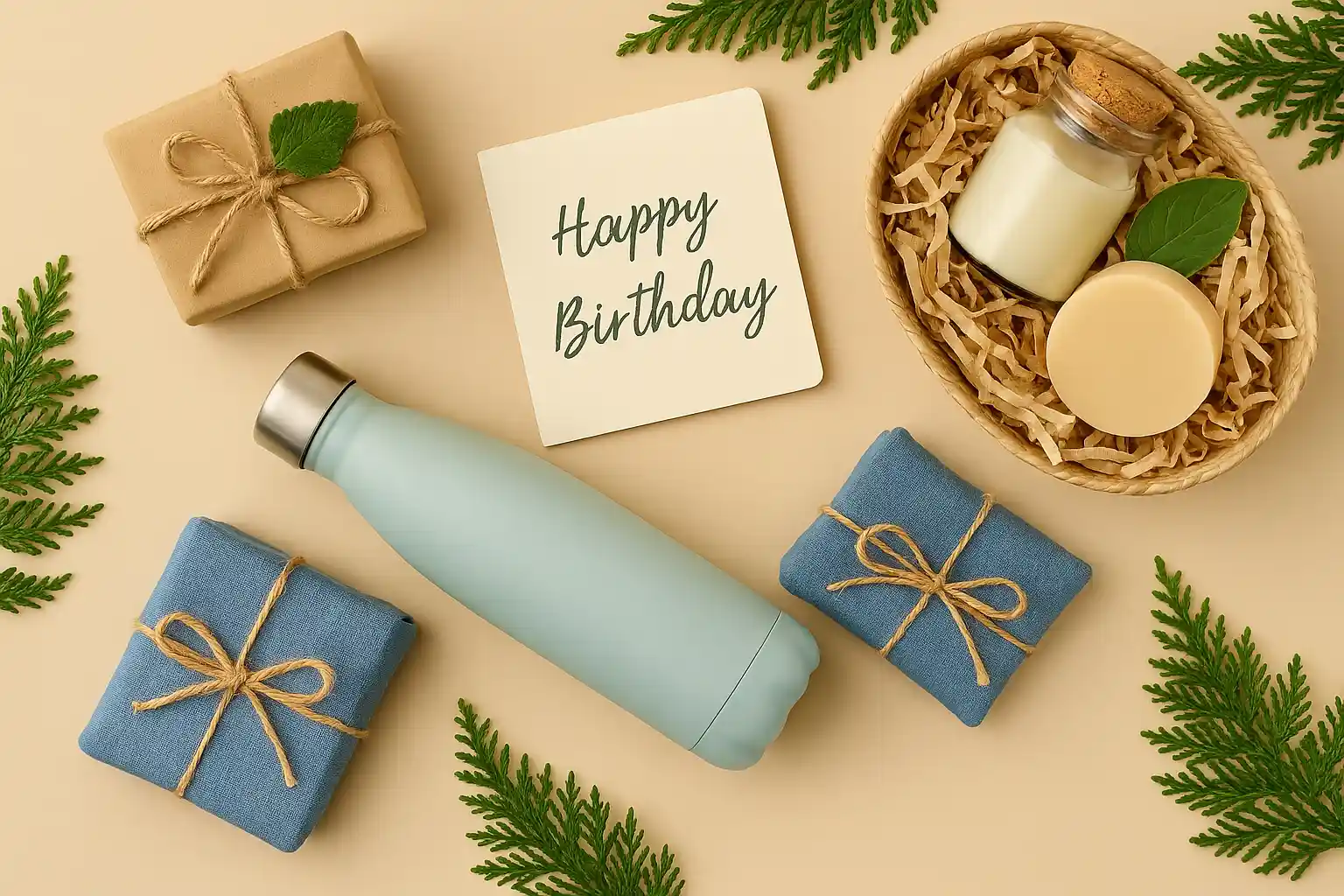
Celebrate Sustainably: Unearthing a Treasure Trove of Birthday Gifts That Don’t Cost the Earth
Thoughtful ideas for eco-friendly and low-waste gifting.
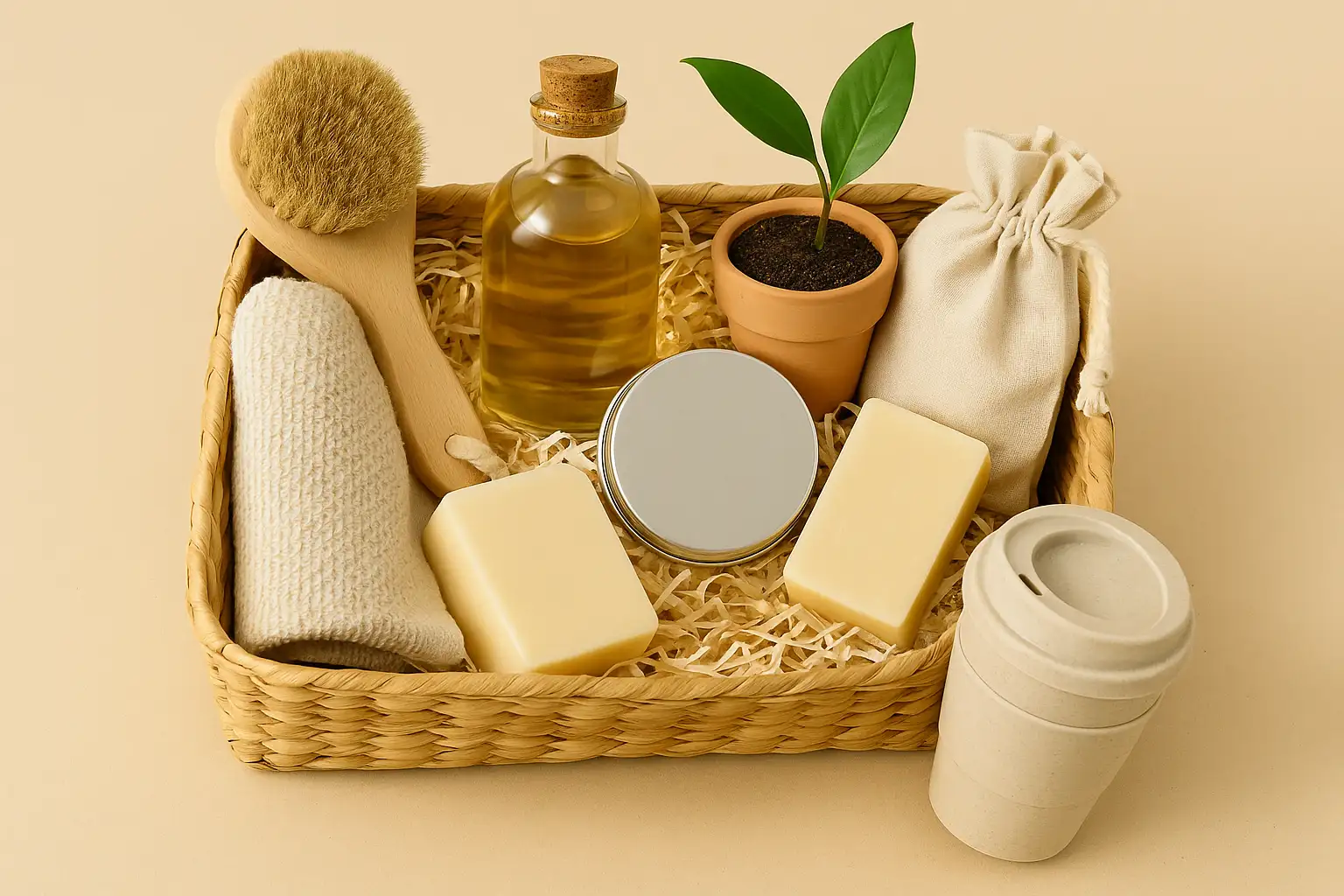
Weaving Care and Conscience: Your Comprehensive Guide to Curating a Thoughtful Sustainable Gift Basket
Thoughtful ideas for eco-friendly and low-waste gifting.

Beyond the Gadget Graveyard: Thoughtful Alternatives to Unneeded Electronics as Gifts
Opt for digital subscriptions, charitable donations, or repair kits over likely e-waste.
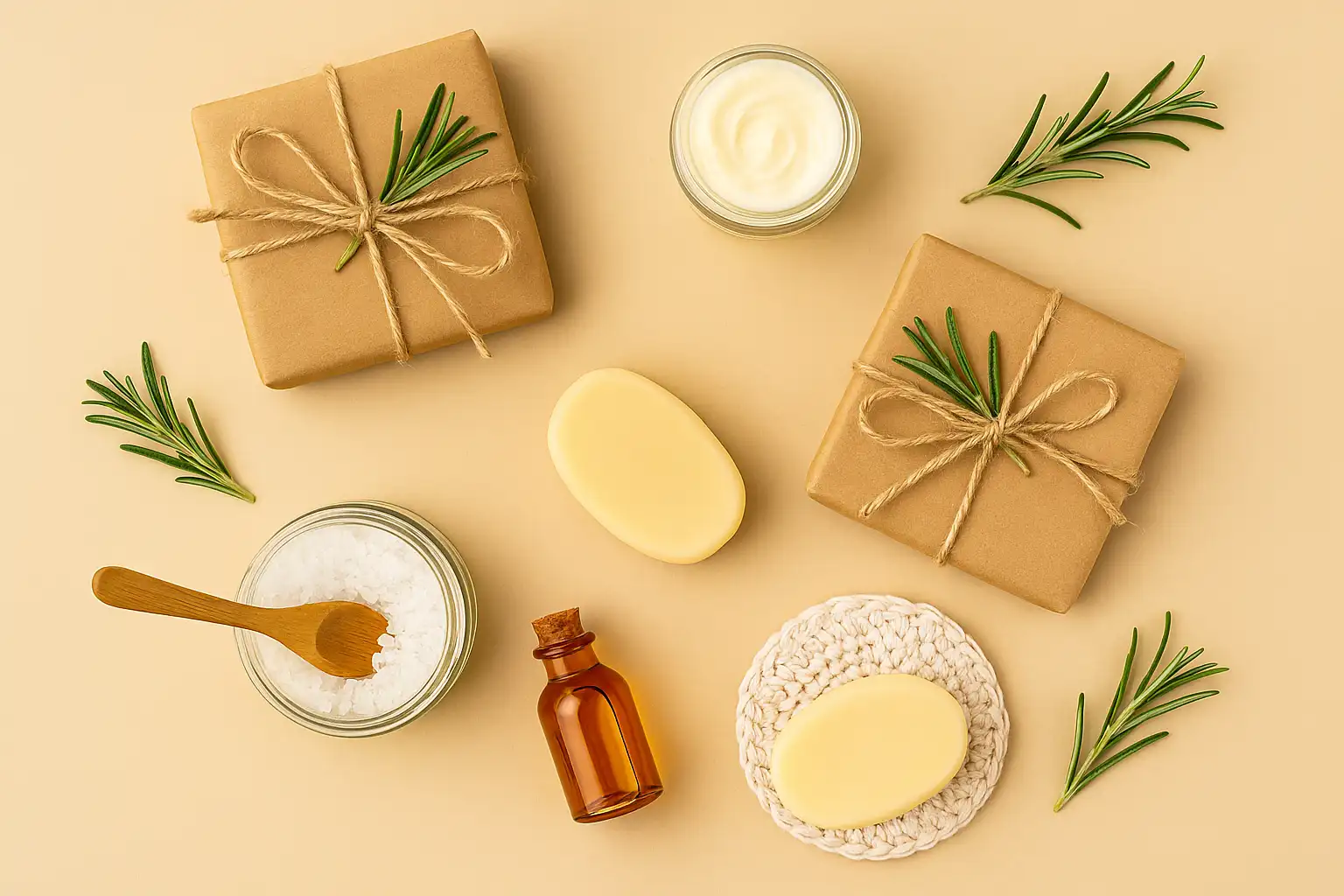
Crafted with Care, Kind to the Earth: DIY Green Gift Ideas That Truly Show You Care
Simple do-it-yourself ideas for an eco-conscious lifestyle.
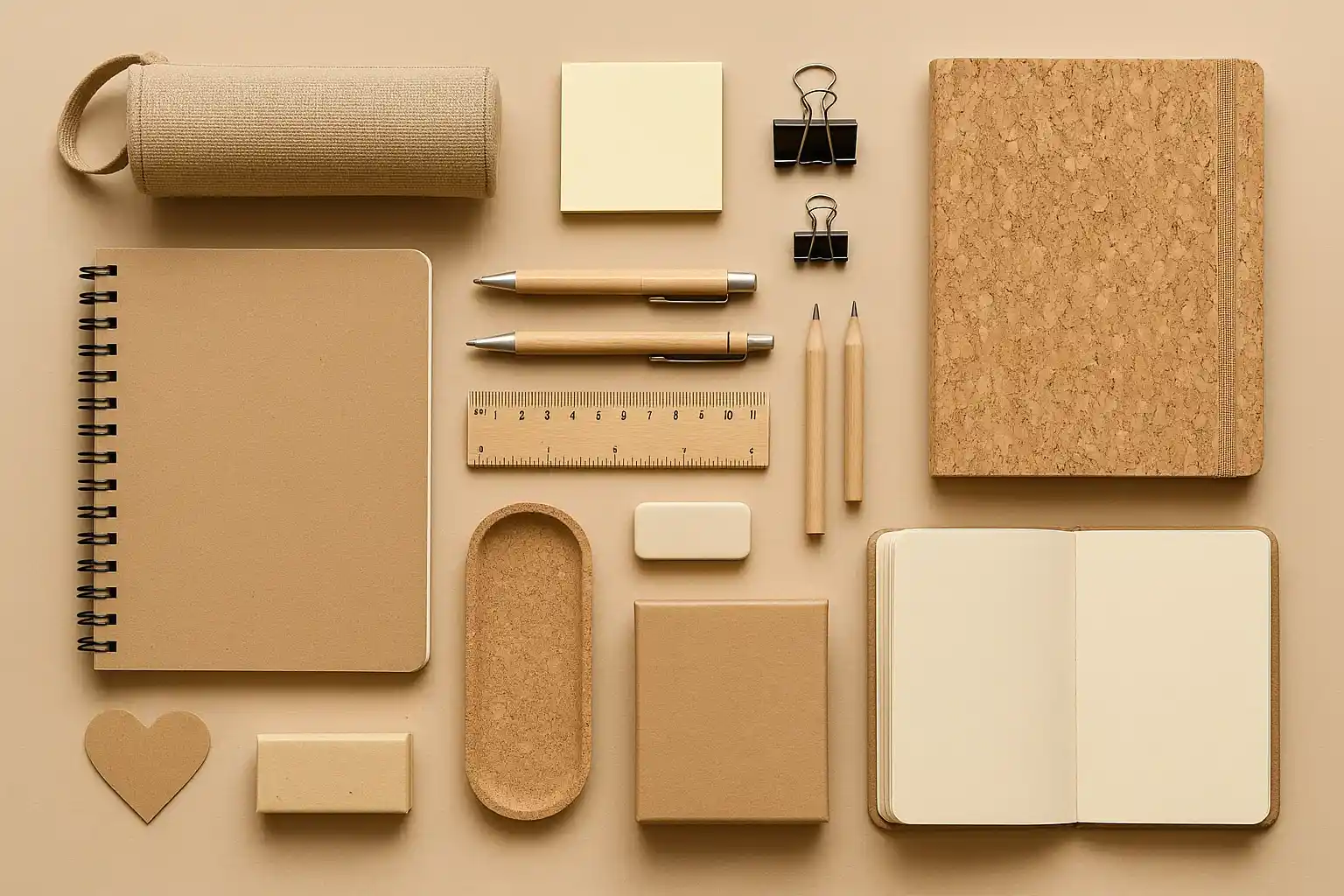
Write On, Sustainably: Choosing Eco-Friendly Alternatives to Plastic Stationery Sets
Opt for recycled paper journals, bamboo pens, and cork or fabric pencil cases for green gifting.
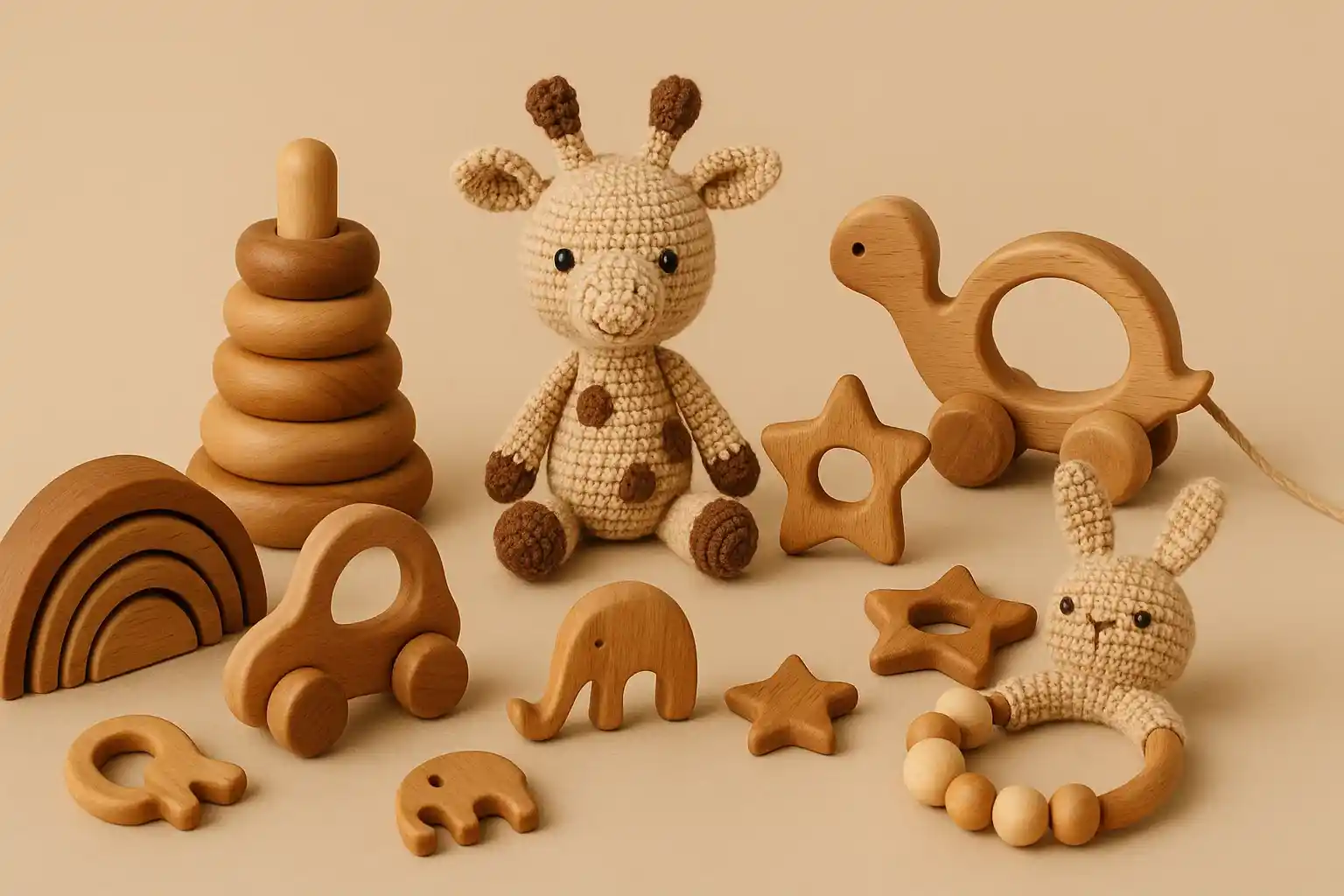
Beyond the Bin: Choosing Eco-Friendly Toy Alternatives That Spark Creativity
Opt for upcycled, bamboo, felt toys, or learning kit subscriptions to reduce plastic waste.
Stay in the Loop
Get tips and insights tailored to your interests — no spam, just sustainability.